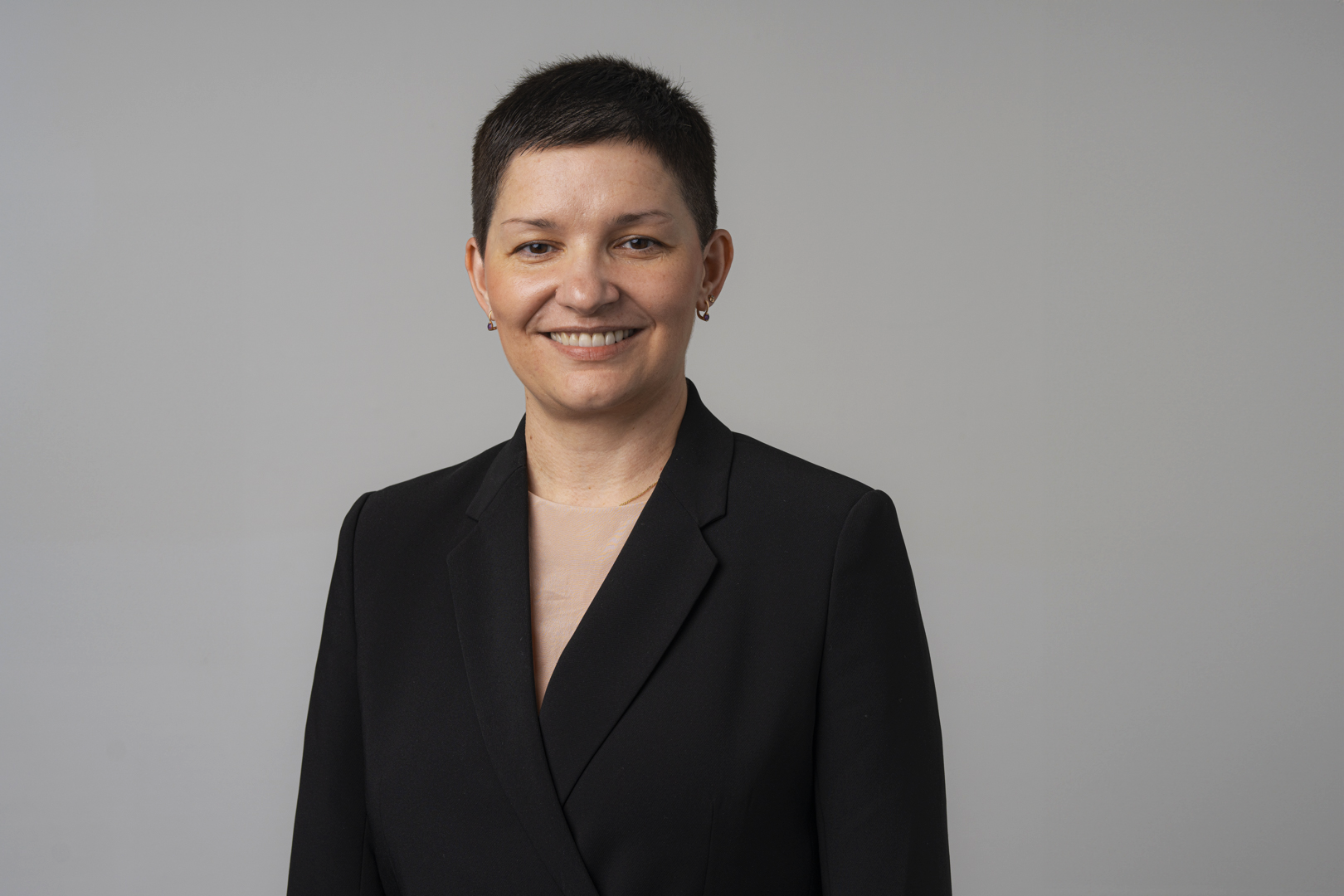Volha Lazuka
Research leader

Project title
Long-term social change through normalization reforms targeting people with disabilities and their peers
What is your project about?
My project examines societal changes when people with intellectual and developmental disabilities become equal members of society. I will apply frontier econometric methods to detailed register microdata from Denmark and Sweden, where, from the 1980s to 2000s, institutions for people with severe disabilities were dismantled and replaced with public housing in local communities. This project seeks to advance mainstream economics to recognize the power of social inclusion in explaining economic well-being and inequality.
How did you become interested in your particular field of research?
I became interested in this project after conducting several studies on the long-term impacts of historical universal health reforms on individuals and their children. While we know these reforms were crucial for welfare, questions remained about how people with significant health disadvantages benefited. As an economic historian, I examined recent past reforms targeting people with intellectual and developmental disabilities. The normalization reforms in Denmark and Sweden proved particularly intriguing.
What are the scientific challenges and perspectives in your project?
One scientific challenge is to estimate the full effects of normalization reforms, which affected people with disabilities and their peers (relatives and neighbors), as well as the co-evolution of both groups. Another challenge is identifying the mechanisms behind these effects, as my goal is to determine whether social inclusion plays a crucial role. Resolving these challenges will advance research on social inclusion and discrimination in disability research and provide new methods to economics and other disciplines.
What is your estimate of the impact, which your project may have to society in the long term?
Normalization reforms have been the primary reforms targeting inequality since the 1980s, but their societal benefits - in terms of well-being improvements for people with intellectual and developmental disabilities and shifts in inequality perception (e.g., altruism) among their peers— are not well known. I expect these reforms have significantly shaped society today. My research will also identify any mistakes made during these reforms, addressing why people with disabilities may still feel excluded and have poorer economic well-being even in generous welfare societies.
Which impact do you expect the Sapere Aude programme will have on your career as a researcher?
The Sapere Aude: DFF Research Leader Grant will help me develop an international network with researchers in the USA and increase my visibility in both international and national economic communities. It will also enhance my skills as a PhD supervisor and project leader. Scientifically, I will expand my research portfolio with egalitarian reforms and methods to evaluate peer effects.
Additionally, I aim to receive an ERC grant.
Background and personal life
I am a happy mother of a young son, and this project is very close to my heart as it keeps me thinking about how society should be structured to include everyone and help them realize their potential. Being a non-native, I can visualize his growth and life in another country. Have we built a society where every child, with or without disabilities, can live their best life?
View all research leaders here
Research institution
University of Southern Denmark
Research field
Economy
City of your current residence
Lund
High school
Polotsk Humanistiske Gymnasium
